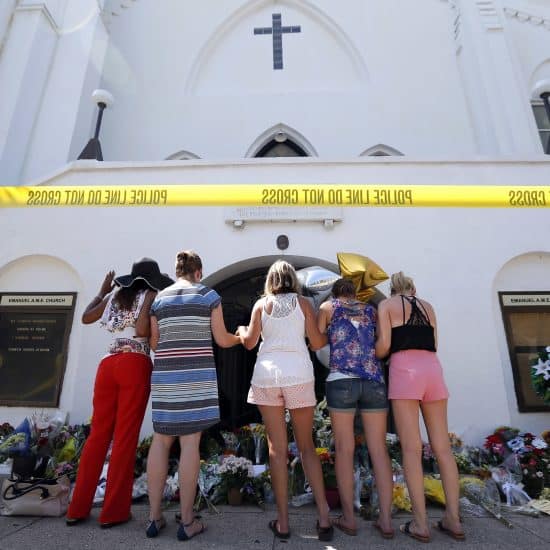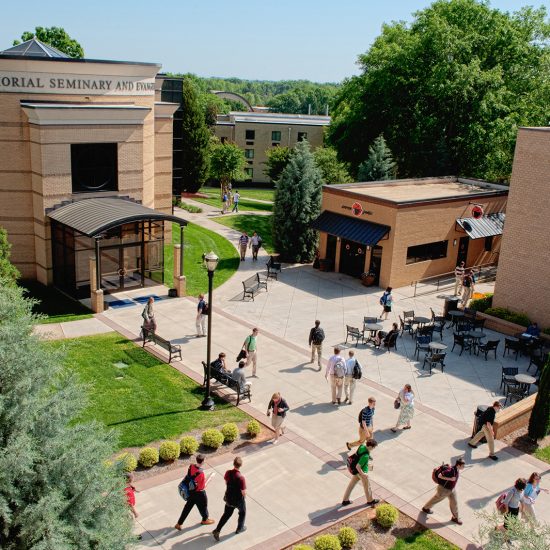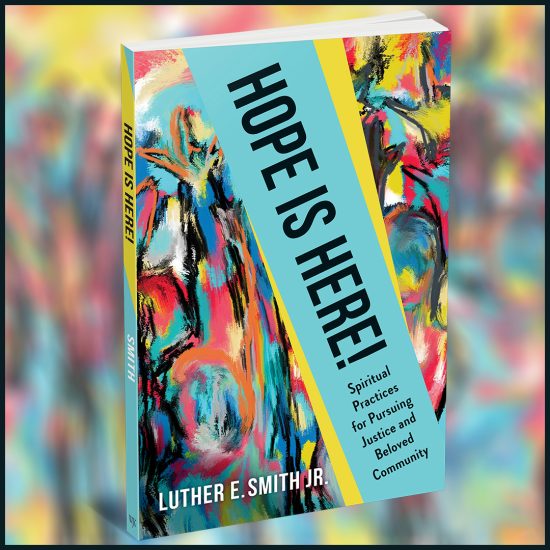ARLINGTON, Texas (ABP) — A prominent African-American pastor has announced plans to ask the Southern Baptist Convention to amend its constitution to ban churches that condone racism.
Dwight McKissic, pastor of Cornerstone Baptist Church in Arlington, Texas, said in a blog and press release dated May 27 that he would ask messengers at the SBC annual meeting June 15-16 to consider amending an article on membership to exclude churches that "act to affirm, approve or endorse … racial discrimination and bigotry in any form."

Dwight McKissic
|
The membership article already bans churches that condone "homosexual behavior" in an amendment added during the 1990s after one North Carolina church licensed a practicing homosexual as a minister and another performed a ceremony blessing a same-sex union.
McKissic said he wants a similar zero-tolerance ban on racism because of "residual racism or latent bigotry" in the nation's second-largest religious body. Part of that is "unrepentant belief" in the "curse of Ham" theology used historically to mistreat persons of color.
The curse of Ham refers to one of Noah's three sons mentioned in the Bible. In Genesis 9:20-25, Ham enters a tent and discovers his father naked and drunk then goes back to tell his brothers. They avert their eyes to avoid looking at Noah and use a garment to cover their father's nakedness. After he awakes Noah curses Ham's descendants to become servants of those of his brothers.
Some scholars view the story as a rationalization for Israel's conquest and enslavement of the Canaanites, presumed to be descendants of Ham. Later some Christians came to believe the story explained different skin colors and used it to justify enslavement of African blacks.
It was a popular view in the era that the Southern Baptist Convention organized in 1845 around the rights of slaveholders to serve as missionaries. McKissic said he bought a copy of Smith's Bible Dictionary, a reference first published in 1884, at a LifeWay Christian Store in the 1990s and was shocked to read the question: "Do the effects of [Ham's] curse continue to the present time?" answered with, "Yes: in Africa, which was peopled by the descendants of Ham and is the chief scene of the horrible traffic in slaves."
McKissic said in his blog May 27 that he communicated with a LifeWay Christian Resources employee who told him the book is available by special order and the copy he found was probably never picked up and placed on a shelf by a store manager. McKissic said the employee told him that at his request the chain would no longer handle the book unless it was an edition that edited out racist theology.
In a related resolution submitted to the SBC Resolutions Committee McKissic says Southern Baptists need to repent of racist theologies the way they apologized for condoning racist structures in 1995. Despite progress toward racial unity, McKissic says Southern Baptists "have not yet fully realized the full participation of our vast ethnic diversity in convention life and leadership."
He says "careless statements regarding persons of color who hold high elected office have been allowed to go publicly unchallenged, causing tremendous disappointment and frustration for those seeking to enlist and encourage greater participation among ethnic minorities in Southern Baptist life and leadership."
McKissic says "purposeful inclusion" of ethnic minorities in SBC life and leadership is "far too often an afterthought" and designed to "merely accept and allow persons of color who bring a rich tradition and robust partnership to our convention work."
His resolution calls on the convention to "recognize and embrace with enthusiasm the challenge before us to more proactively include and affirm the full participation of all ethnic groups in the work, witness, life and leadership of our convention."
It also would put the convention on record as saying "that we detest any residual racism or latent bigotry in our cooperative work or among our churches, for we recognize that these cancerous theologies and perspectives are capable of spreading if tolerated" and formally "repent of the 'curse of Ham' theology that has provided a theological and sociological cover for mistreatment of persons of color, and further amplify our 1995 statement on racial reconciliation to include this penitent resolve."
All resolutions proposed by individual messengers are referred to a committee appointed by the SBC president for study. The committee has options of recommending or declining to recommend them for vote and commonly uses various resolutions addressing a similar theme to write a resolution of their own. Messengers then have opportunity to debate and offer amendments from the floor.
Along with the resolution asking for repentance of racist theology, McKissic is submitting separate resolutions apologizing for past indignities to women, who were not allowed to vote as convention messengers until 1918, and calling for a "solemn assembly," defined as "a time of intense spiritual discipline, fasting and prayer, for the purpose of seeking God's face in the midst of the important decisions we must make about our future."
Bob Allen is senior writer for Associated Baptist Press.






